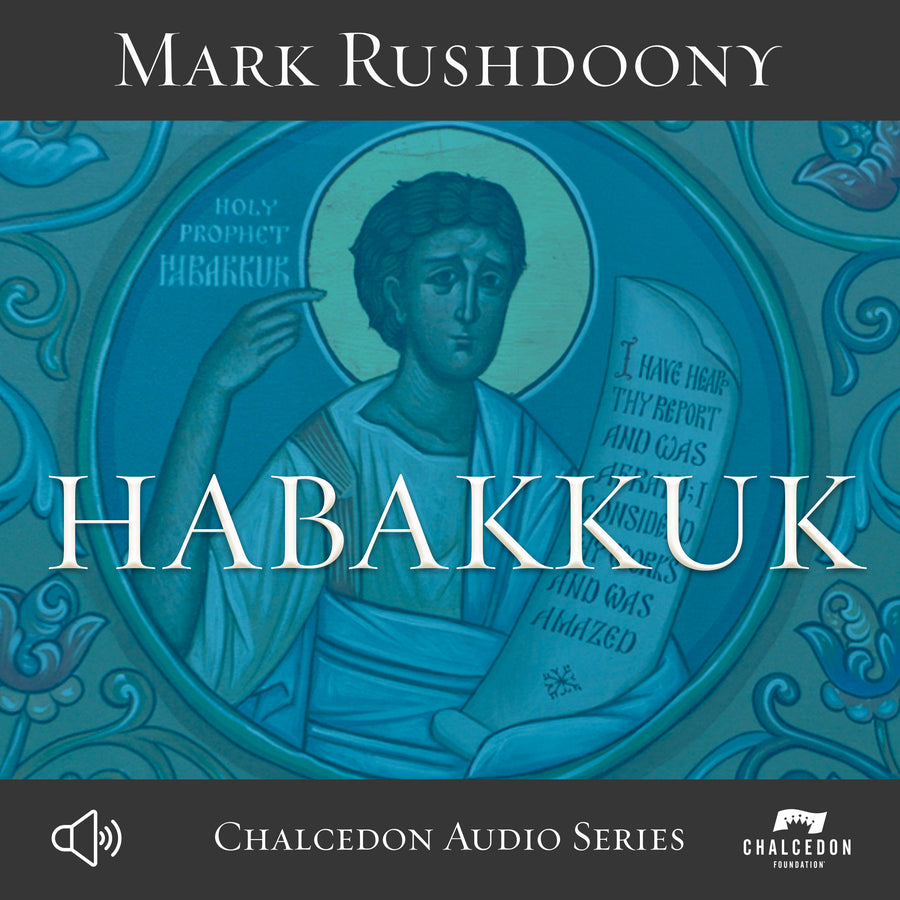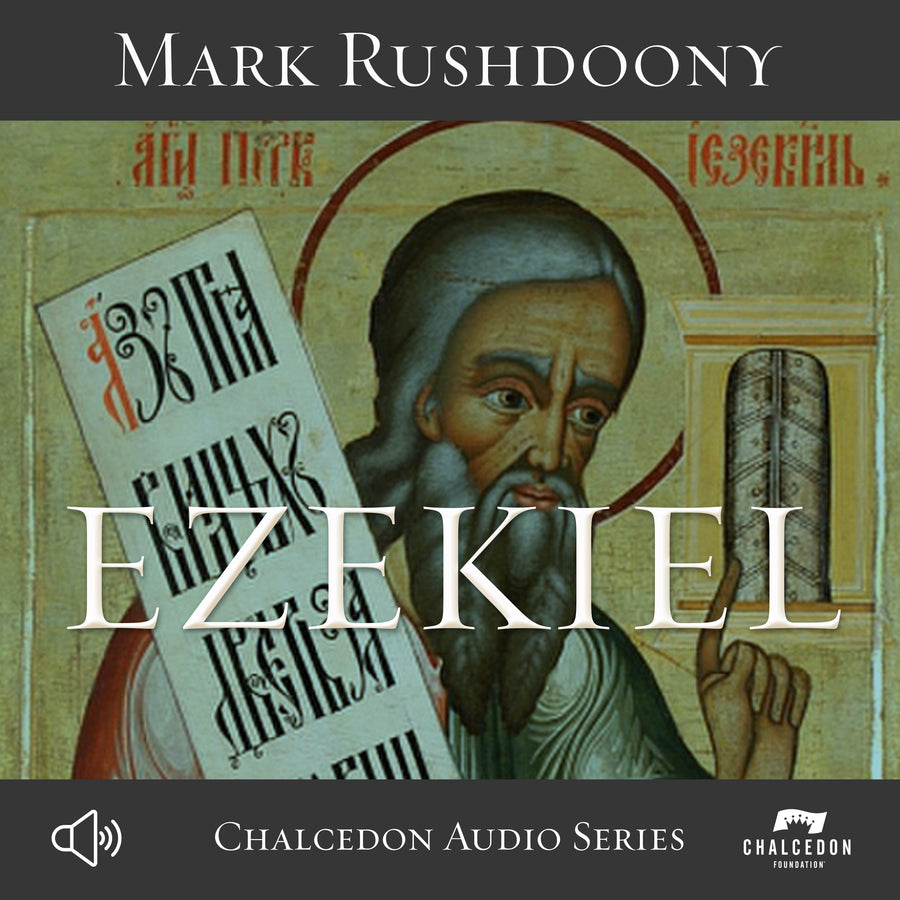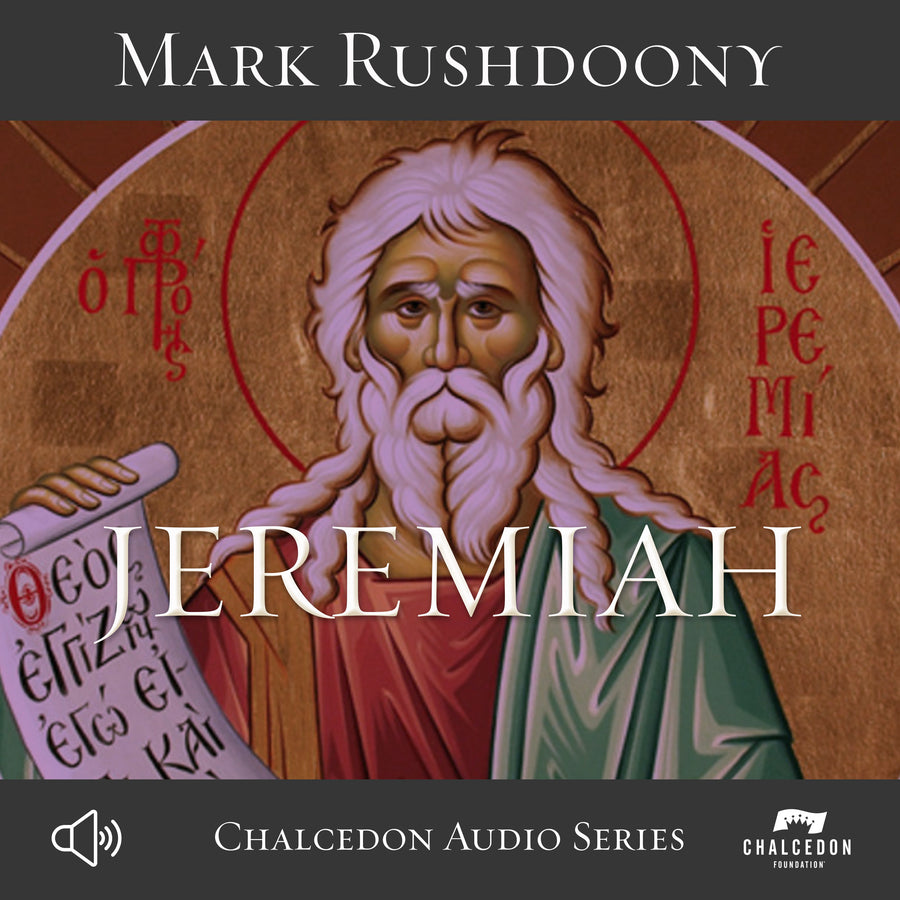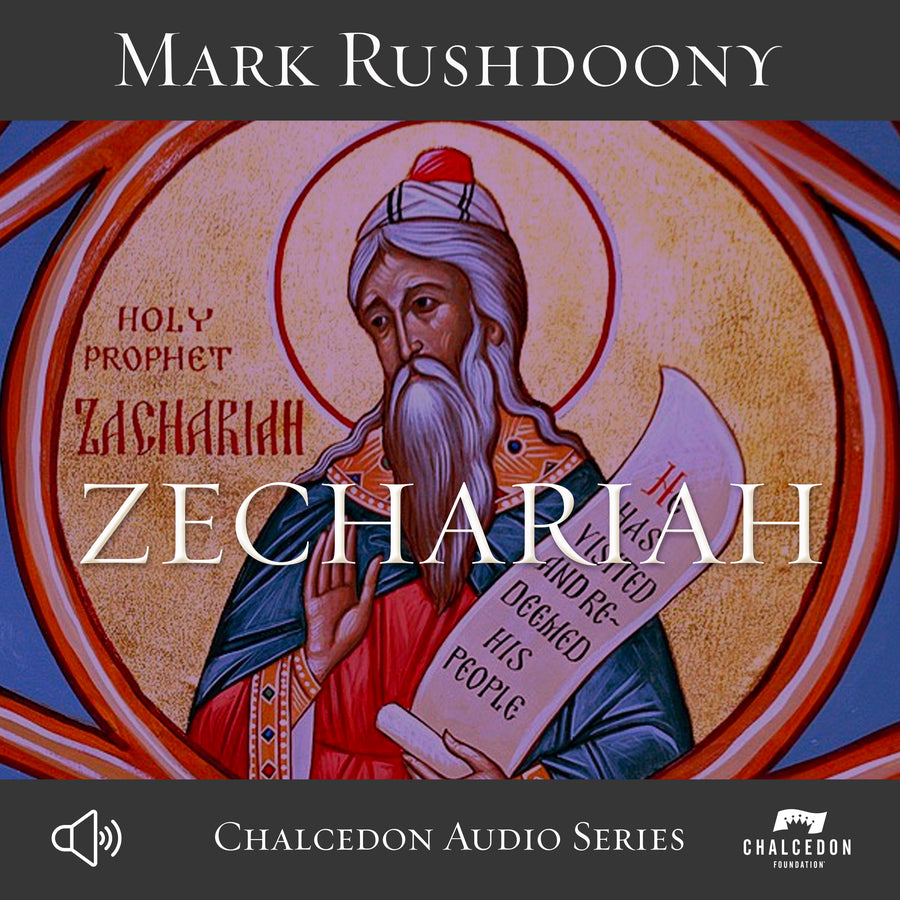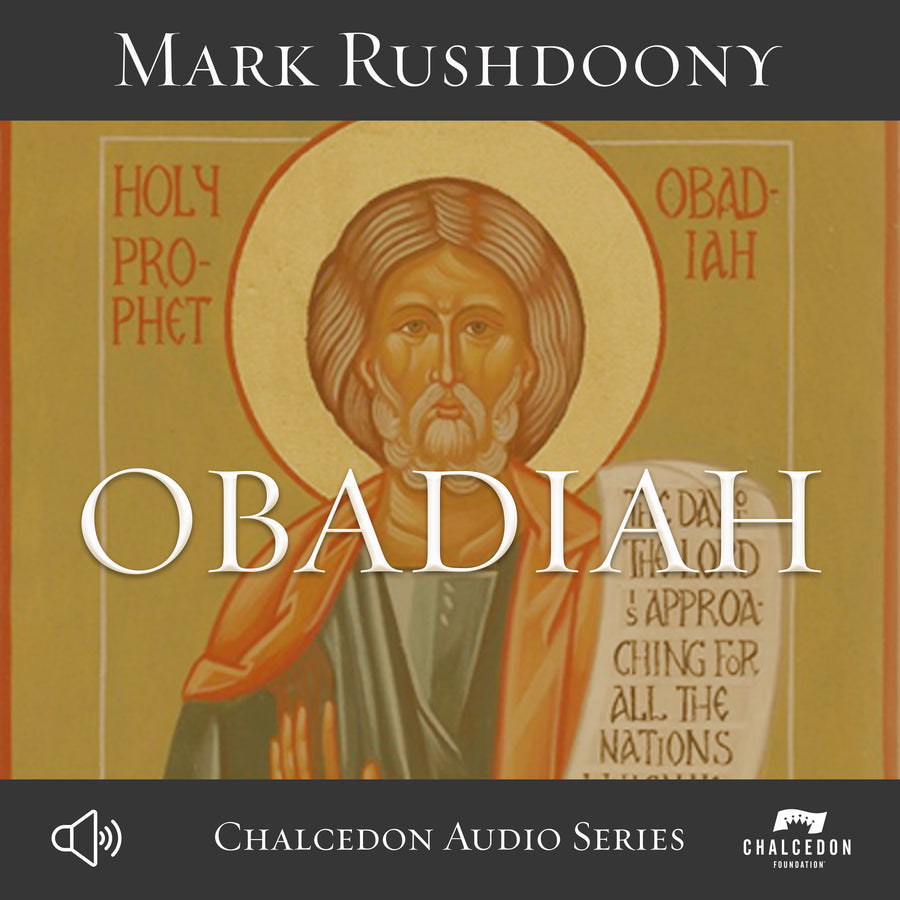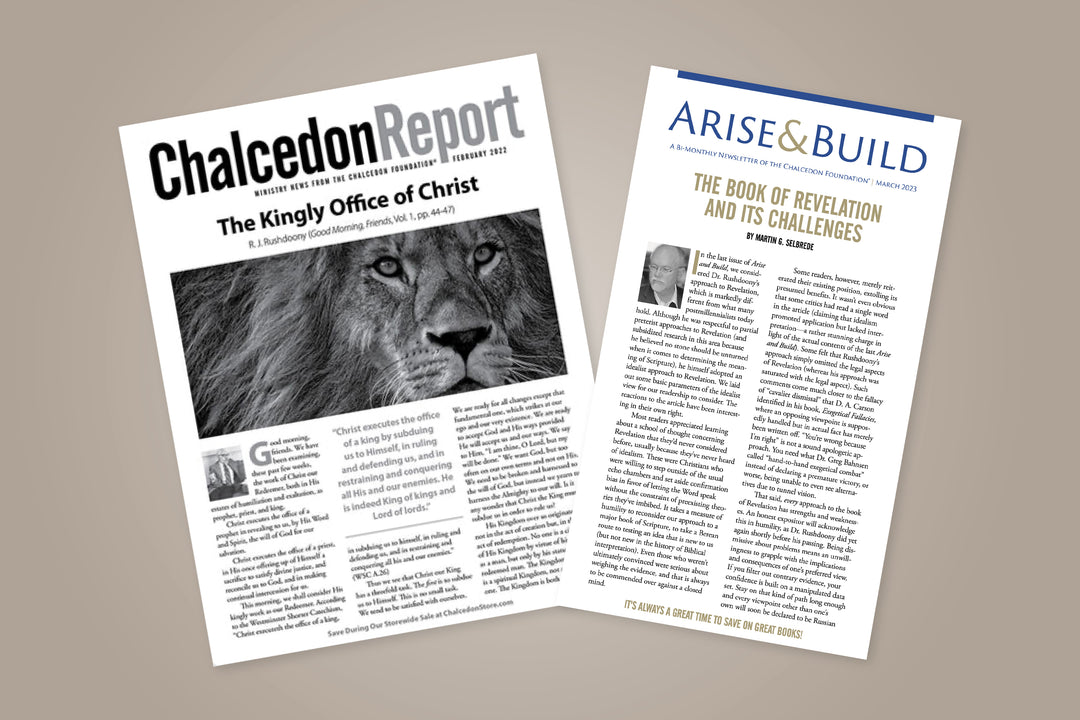Habakkuk’s name means “embrace” or “pressed to the heart.” The prophet certainly took his nation, Judah to heart as he poured out his heart to God as Chaldean (Babylonian) forces approached the nation.
Previously, Nahum had announced the fall of Nineveh and with it the Assyrian empire which had threatened tiny Judah for centuries. Indeed, Nineveh met its end at the hands of the rising power of the Chaldeans and Medes. It fell in 612 B.C., and three years later the last Assyrian army was destroyed. The Chaldean forces under Nebuchadnezzar then turned their attention southward. Jerusalem would capitulate in 605B.C.. It was during this period of Chaldean approach that Habakkuk was written.
This book is a conversation of the prophet with God. The prophet is trying to understand the unfolding events, so he asks many questions of God. Essentially, his questions are all about the ”why” of what is happening; he cannot understand the providence of God and he says so. Many of his specific questions go unanswered, but God makes clear that living out the consequences of sin are as much a part of His righteousness as mercy and forbearance.
Learning righteousness comes hard for sinners, who find prayers for longsuffering easier that pleas for justice. Habakkuk is no exception, so he asks God why a pagan people are being used to judge Judah. The prophet Habakkuk is a good example of how we are to ask questions regarding God. Having unanswered questions about God’s ways does not give us the right to question those ways. As mortals, we will not understand God’s providence, but we must not let our curiosity turn to complaint, or presume to give God a performance review. A better line of questioning is to ask what causes us to distrust God’s justice, wisdom, or holiness.
God told Habakkuk that His providence was, in fact, in the Chaldean army as His agent of judgment. Despite many of his specific questions not being answered, Habakkuk keeps returning to a confidence in the goodness of God, as should we. An important answer that the prophet does note is that in times of uncertainty “the just shall live by his faith” (2:4), which means what it meant when later quoted by James, that the justified man will live in terms of his faith as the only possible context of life and thought.




